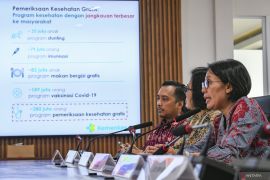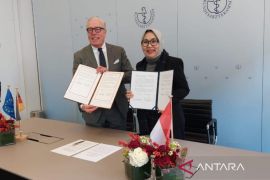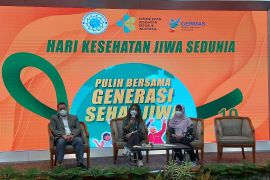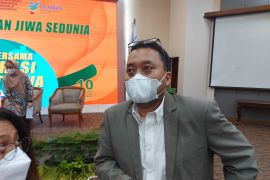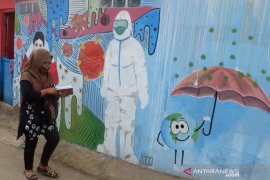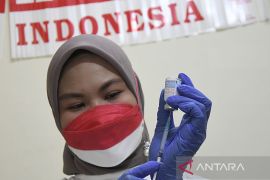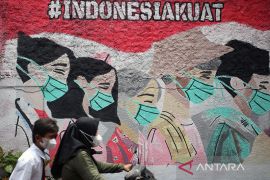"(Of the total) 146 are imported cases and six are local transmissions," Health Minister Budi Gunadi Sadikin informed in a press statement on public activity restrictions (PPKM) here on Monday.
Half of the patients were asymptomatic, and the other half showed mild sickness, he said.
"They do not need oxygen and their saturations are still above 95 percent. Then, about 23 percent of the number, or 34 people, have returned home. Until now, no one has needed serious treatment in hospital, just drugs and vitamins," he disclosed.
Omicron cases in Indonesia are still dominated by international travelers coming from Turkey, Saudi Arabia, the United Arab Emirates, and the United States, according to the minister.
Based on these findings, he said his team is urging people to not travel abroad temporarily, especially to five countries with high infections.
This is because Omicron transmission continued to occur during the year-end holidays due to increased community mobility, he noted.
Related news: Quarantine shortened after clinical review: KSP
In addition to taking anticipatory steps to prevent Omicron cases from spreading further in Indonesia, the government has prepared supporting aspects such as health human resources, pharmaceutical workers, and medical devices, the minister informed.
The number of hospital beds in Indonesia is around 400 thousand, and the government has reserved 30 percent or 120 thousand of them for COVID-19 patients, he said.
"Now, the occupied beds are around 240-250 thousand. There are still 110 thousand rooms, which we have previously allocated for COVID-19," he said.
To meet medical oxygen needs, the Health Ministry has distributed about 16 thousand oxygen concentrators or equivalent to 800 tons per day to all hospitals, especially those that have difficulty procuring liquid oxygen, he added.
"We have also received and are installing 31 oxygen generators, in which 70 percent (of the installation) is completed. It is a great medical oxygen generator that can accommodate one hospital," he said.
The demand for therapeutic drugs for COVID-19 patients jumped significantly during the surge of cases in mid-2021, he noted.
Learning from that experience, the government has now readied the supply of COVID-19 drugs, which are ready to be distributed in case there is an escalation in drug demand, he said.
"We store the supply of Molnupiravir, and we will distribute it in case of a surge. This drug has been proven to help reduce the rate of patients whose saturation is 94 percent (that is, who need to be treated) at the hospital," Sadikin explained.
Related news: West Java's 20 residents exposed to Omicron after overseas trips
Translator: Andi F, Kenzu T
Editor: Rahmad Nasution
Copyright © ANTARA 2022



